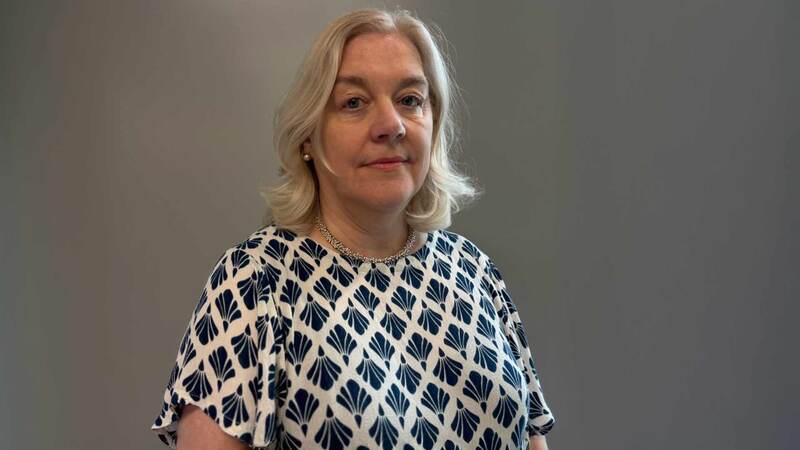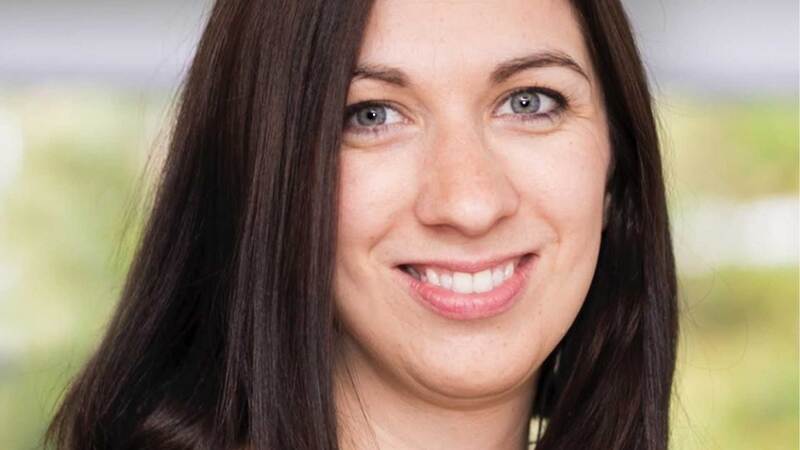You are viewing your 1 free article this month. Login to read more articles.
Freelancing and mental health in the publishing industry
Reedsy’s Thao Nguyen reflects on some of the benefits and challenges of being your own boss.
Are you considering going freelance? Reedsy’s Thao Nguyen reflects on some of the benefits and challenges of being your own boss.
Stories of low entry-level salary, long work hours, and slow progression are hardly unheard of in the book industry. “The hustle” seems to be at the core of most publishing careers, but the in-house reward is often nowhere in sight. Instead, many editors and designers search for opportunities to nurture their career and passion through full-time freelancing. Not only that, they also find themselves simply happier when they work independently.
To be clear, freelancing isn’t uncommon among in-house workers; many take gigs outside of in-house tasks to brush up on their skills, work on projects they like, or earn some extra income. But freelancing full-time is a whole different ball game. It means forgoing the security of constant work and a fixed income. It means continuously advertising yourself and looking for new projects to work on. It certainly sounds stressful and daunting from the outside.
But a freelance career can also be just what professionals need to feel better about doing their jobs. I’ve had the pleasure of interviewing various editors, designers, and marketers while writing for Reedsy’s Freelancer Blog, and one near-unanimous remark I’ve heard is that switching to full-time freelancing has been incredibly liberating for them. As independent workers, they get to choose everything, from where and when to work to the actual books they work on. This gives them much more control over their lives — and more time to take care of their wellbeing.
Right off the bat, being able to choose where to work can cull some major sources of stress. Some professionals enjoy the company of their pets while they work; some are caregivers who appreciate the child-friendly flexibility of freelancing. Many appreciate the ability to travel or move to more affordable cities than publishing capitals like London and New York, thereby significantly reducing their financial burden. Self-employment lets professionals manage their career in harmony with other parts of their lives.
Freelancers are also in charge of their breaks and holidays. To be fair, this autonomy doesn’t always work out perfectly — a lot of freelancers overwork themselves to make up for the lack of security, falling victim to a “hustle” mindset not dissimilar to that which exhausts in-house professionals.
It’s especially difficult to draw the line between life and work at home: when your office is right across the hall, and you know you get paid as much as you work, it’s easy to sit down in front of your laptop for a few extra hours after dinner. Or maybe it’s the reverse: without the accountability of coworkers, it’s easy to procrastinate during “work hours,” then frantically try to make them up later to try and meet self-imposed sky-high standards in a short amount of time.
But the truth is, if you decide to freelance with several years of in-house experience under your belt, you’re unlikely to be starved of job offers. So instead of worrying about the gig economy, you should see freelancing as a chance to observe your working self and find the kind of schedule and environment that make you the best professional you can be.
For instance, you might find yourself editing or designing better in the early morning, so that the afternoon can be reserved for your personal life. Perhaps repetitive administrative tasks like writing invoices can be saved for Thursdays or Fridays, when your brain isn’t as “fresh” as it was at the start of the week. You might also find these habits change over time: sometimes you feel excited with a packed schedule, other times you might feel burned out. What’s most important to realise is that self-employment means that you get all the space you need to remain in touch with your emotional health. You are always free to adjust and slot in a break — one that’s taken seriously, sans your inbox — when it’s really needed.
The time that you do reserve for working, you can put toward projects that truly matter to you. Many editors and designers on Reedsy identify this as one of their favorite parts about working freelance in publishing! Unburdened by the publisher’s quarterly or yearly goals, many appreciate the chance to work on a more diverse and unusual list of books than before. Others enjoy being able to focus on their preferred niche — be it small-but-mighty memoirs or exciting new urban fantasy — and help each new indie author find their voice.
Indeed, freelance editors and designers get to work closely with authors to tell their stories, rather than have to realise a publisher’s vision of the book. Yes, helping authors understand the publishing industry is often part of the job, since many people seeking freelance help are new authors. But through clear communication and shared passion for each new project, professionals and authors can find lasting work relationships that are supportive and fulfilling for both parties.
So for those craving autonomy and control over their career, full-time freelancing is worth a consideration. It’s no easy endeavour, and it may not be the right path for everyone, but it’s certainly an option that many are happy with.
Thao Nguyen is a writer with Reedsy, a publishing marketplace where authors and freelance publishing professionals can connect and collaborate.









